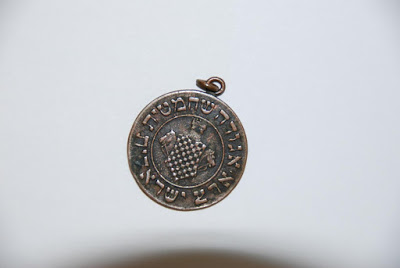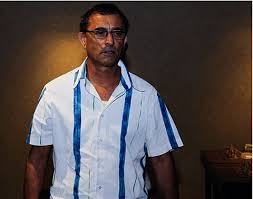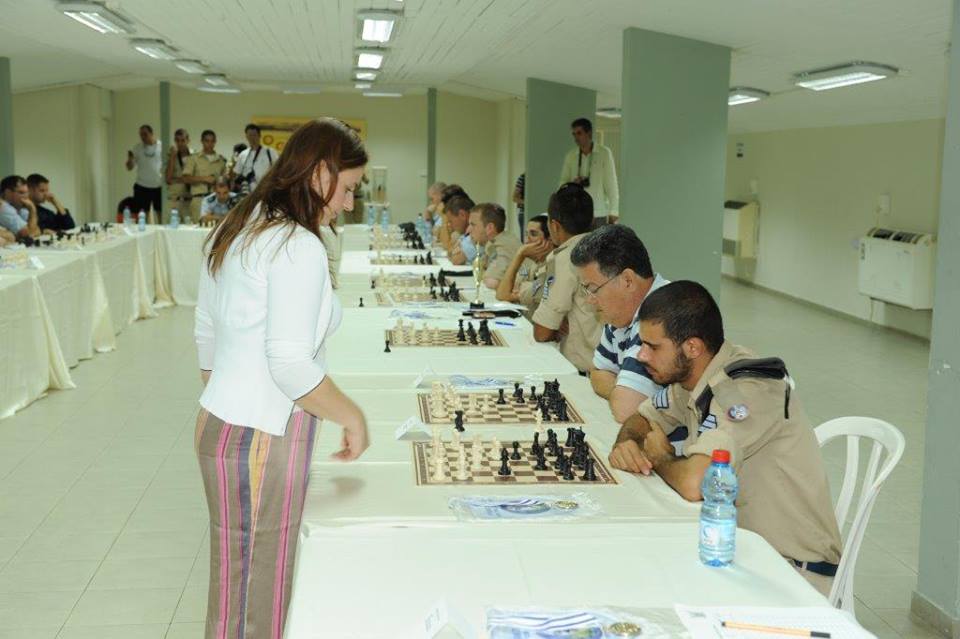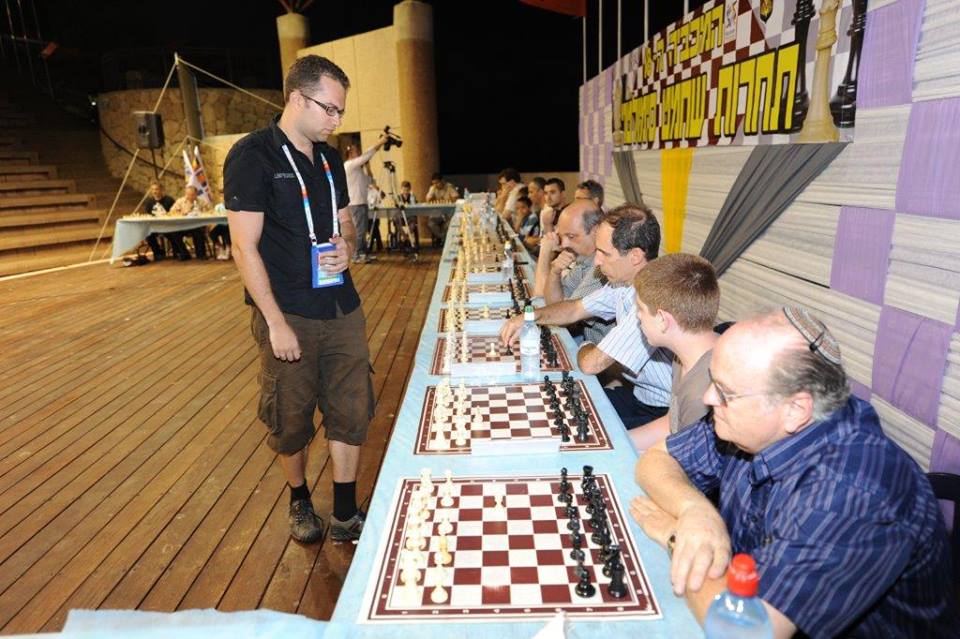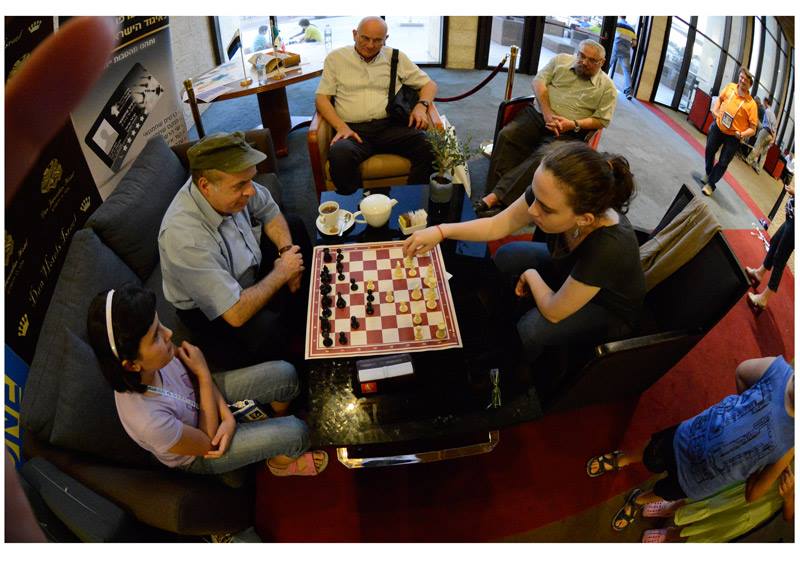By Yochanan Afek
The concept of Maccabiah Games, as a Jewish Olympiad, was the brainchild of 15 years old Russian-born Yosef Yekutieli following the Olympic Games held in Stockholm in 1912. He spent the next 10 years developing details and raising funds for realizing his unique idea.
The first Maccabiah was held March 28 to April 6 1932. Its overwhelming success guaranteed its permanent future. Owing to the rising of the Nazism in Europe The second edition was moved a year to1935 and a forced 15 years delay due to the British concerns of large-scale illegal immigration and the following second world war. It was resumed in 1950 in the new state of Israel. The Games, organized by an International Maccabiah Committee are ranking among the five largest sports gatherings in the world by number of participating countries and individuals. For each participant the Maccabiah Games are the athlete’s most significant connection to the State of Israel and an opportunity to create connections with Jewish contemporaries from all over the world.
The Maccabiah recognizes all 28 current Olympic sports as well as many other “unofficial” sports such as chess, bridge, cricket and karate.
The linkage between the Jews and the game of chess is an ancient one, thus it was just natural to include chess events in the general competitive program of the world Maccabiah games hosted every fourth year in Israel. Already in the second Maccabiah (1935) the first ever Israeli International tournament was organized by the Eretz Israel Chess Association that had just been founded in the very same year. The best “Palestinian” players of the time took part as well as European guests some of which found that way a shelter from the increasing anti-Semitic tension in Central Europe. In this historical event won by Master Moshe Blass who scored 7.5 points in 9 games to become the first unofficial champion of Ëretz Israel (the land of Israel). Runners up were Yosef Porat and David Enoch 7 each. Based on the results of this historical tournament the team for Warsaw Olympiad later that year, was appointed (by board order): Yosef Porat, David Enoch, Yosef Dobkin, Victor Winz and Moshe Czerniak. What about the tournament winner? Well, Moshe Blass, who had emigrated from Poland already in 1931 (where he was Warsaw champion in 1928 and represented Poland in 2 Olympiads) , was still considered by the British mandate illegal and as such was not allowed to travel to Warsaw! The Maccabiah games of 1935 were undoubtedly the main drive behind the efforts to create established chess life in Eretz Israel. The next year already saw the first national championship which was won by Moshe Czerniak.
The chess medal in the second Maccabiah 1935 (Jewish Chess History website)
Following the war the Maccabiah games were resumed as late as in 1950 in the independent state of Israel however it was not before the 10th edition of the games in 1977 that chess tournaments were again part of it (after a break of 42 years!) following the initiative of IA Almog Burshtein who also chaired the organizing committee in the next two editions. The main event was a team competition held in Tel-Aviv with 10 teams playing 9 rounds on 4 boards. Israel A took the gold medals on 31/36, ahead of Great Britain 29.5, Israel B (Youth) and the Netherlands 22 each. Shimon Kagan, Avraham Kaldor, Yitzchak Radashkovich, Amikam Balshan, Malkiel Peretz and Yehuda Grunfeld were lining up for the gold medals.
An individual youth tournament saw Michael Rode (USA) and Mordechai Shrentzel (Israel) sharing the top honours with 9/11.
In the 11th edition (1981) 4 teams played a double rounder with the Israeli hosts winning on 19.5 /24 ahead of Venezuela 14, Argentina10 and South Africa 4.5. Israel Gelfer (today Fide vice president) dominated the blitz competition and Ofer Bruk won the youth tournament.
In the 12th Maccabiah (1985) 36 players took part in an individual Swiss tournament held in Tel-Aviv. Moshe Cnaan and Ronen Lev shared first on 7.5/ 9 with Cnaan taking the gold.
The same venue (Sinai hotel in Tel-Aviv) saw an even stronger open in the 13th edition of 1989 this time with 60 players. Winner Ilan Manor scored 7.5/9, a whole point ahead of Ronen Lev and Sergio Markeluk (Argentina) 6.5 each (your author scored there his first IM norm). Hungarian Peter Sekelyi won the blitz contest.
All the following Maccabias were invariably organized by Moshe Slav, the chairman of the chess committee in Maccabi sport organization.
Moshe Slav, the chief director of the chess games in the Maccabiah
17th years old Michael Oratovsky won a 7 category invitational tournament organized for the14th Maccabiah in 1993. He was followed by Ilan Manor 6.5 and Yaakov Stisis (now Sivan) 6. Among the participants was also Russian Yuri Averbakh, now the world’s oldest living grandmaster.
Towards the new millennium the Maccabiot turned considerably stronger and bigger. In the 15th edition, held in 1997 in both Jerusalem and Zichron Yaakov, 136 players from 17 federations competed in 4 tournaments. The category 11 crown event was won by Russian Alexander Khalifman edging by tie break Israeli Alex Caspi both on 6/ 9 each ahead of (then Latvian) Daniel Fridman 5.5. Ofer Bruk won the Young Masters group edging Nethanel Ribshtein 5.5/ 9 each; Michael Roiz, Maxim Milavsky and Edward Grinshpun 5 each. The open group (52 participants) saw a shared victory of Larry Tapper (USA) and Mihai Grunberg (Romania) 6.5/ 8 each, while the youth tournament was won by the Argentinean Reuben Felgaer and the Israeli Evgeny Postny 6.5 / 8 each.
The 16th Maccabiah in Netanya (2001) presented the current format of GM and IM closed sections as well as an open and youth groups with a total turnout of 72 participants. Evgeny Alexeev (Russia) and Konstantin Lerner (Israel) tied for first on 6.5/ 9 each ahead of Michael Roiz and Vitaly Golod 6 each. The IM section was won by Israeli Roman Bar.
6 top players competed in the crown group of the 17th edition (2005) in Jerusalem that ended in a shared victory by Ilya Smirin (Israel) and Evgeny Najer (Russia) 3.5/ 5 each. The GM group was won by Yaakov Zilberman (Israel) on 8/9 ahead of Shai Porat (Israel) 7 and the IM section by Israeli Alex Caspi on 6.5 / 9. The open section was won by Latvian Ilya Rochko 7.5/ 9. Judith Polgar, The first lady of the chess world was the guest of Jerusalem town hall for a simultaneous exhibition.
2009 Judith Polgar gives a simul against the Israeli Air force
13 grandmasters competed in both rapid and blitz in the top event of the 18th Maccabiah in Netanya (2009) sponsored by Richard Riordan foundation. The rapid was won by Russian Evgeny Najer on 9.5/ 12 ahead of his compatriot Jan Nepomniachi 8.5 and Alexander Belyavsky (Slovenia) 7.
Final standings:
| No | Name | Title | Country | Rtg | W | L | D | Pts |
| 1 | Evgeniy Najer | GM | Russia | 2663 | 8 | 1 | 3 | 9.5 |
| 2 | Jan Nepomniachi | GM | Russia | 2632 | 7 | 2 | 3 | 8.5 |
| 3 | Alexander Beliavsky | GM | Slovenia | 2662 | 5 | 3 | 4 | 7.0 |
| 4 | Boris Gelfand | GM | Israel | 2755 | 3 | 2 | 7 | 6.5 |
| 5 | Pavel Eljanov | GM | Ukraine | 2716 | 4 | 3 | 5 | 6.5 |
| 6 | Ilia Smirin | GM | Israel | 2650 | 4 | 3 | 5 | 6.5 |
| 7 | Judit Polgar | GM | Hungary | 2687 | 4 | 4 | 4 | 6.0 |
| 8 | Maxim Rodshtein | GM | Israel | 2623 | 4 | 4 | 4 | 6.0 |
| 9 | Michael Roiz | GM | Israel | 2658 | 4 | 5 | 3 | 5.5 |
| 10 | Boris Avrukh | GM | Israel | 2641 | 3 | 4 | 5 | 5.5 |
| 11 | Vitali Golod | GM | Israel | 2599 | 1 | 3 | 8 | 5.0 |
| 12 | Daniel Fridman | GM | Germany | 2665 | 2 | 7 | 3 | 3.5 |
| 13 | Emil Sutovsky | GM | Israel | 2675 | 1 | 9 | 2 | 2.0 |
Maccabiah 2009: Boris Avrukh Vs. Boris Gelfand
Andre Diamant (Brasil) won the GM section on 6/9 ahead of twice future Israeli champion Tamir Nabaty and Ido Porat 5.5. Two IM closed sections were held too. One was won by Boris Kantsler (Israel) on 6.5 / 9 while in the other four Israelis tied for the first place: David Kudishevich, Michael Zaslavsky, Peter Gokhvat and Alex Caspi 6 each.
Two world class players held widely covered simultaneous exhibitions: Judith Polgar, all time best female player, in an Israeli air force base and Israel No.1 Boris Gelfand in the town hall of Jerusalem.
The largest number of participants ever was recorded in the 19th Maccabiah (Jerusalem 2013) with more than 100 players attending just the open section. The youth tournament alone was located in Netanya this time. Two GM sections were held with Semen Dvoiris and Boris Avrukh emerging winners both on 6/9. There were also 2 IM sections: one saw a 3 way tie for first of Marsel Efroimsky, Ofir Aharon (both scoring their first IM norm) and Gabriel Bataglini on 6.5 / 9 each, while the other was won by Alex Caspi on 6/ 9 ahead of Omer Reshef 5/5. The open section ended in a shared first by 12 years old Israeli Ariel Erenberg (gold) and Brazilian Devy D’Israel on 7.5/9 each.
Pavel Eljanov in a simul in Netanya
Famous politician and former “refusnik” Natan Sharansky in a friendly game vs. Marsel Efroimski while visiting the 19th Maccabiah
The chess events of the 20th edition will be held in Jerusalem in the first half of July 2017. Hopefully they will add a memorable page to this impressive legacy of the Maccabiah games.
This article is based on various sources notably a Hebrew survey by Dr. Shlomo Kandelshine in the Israeli federation’s website.

